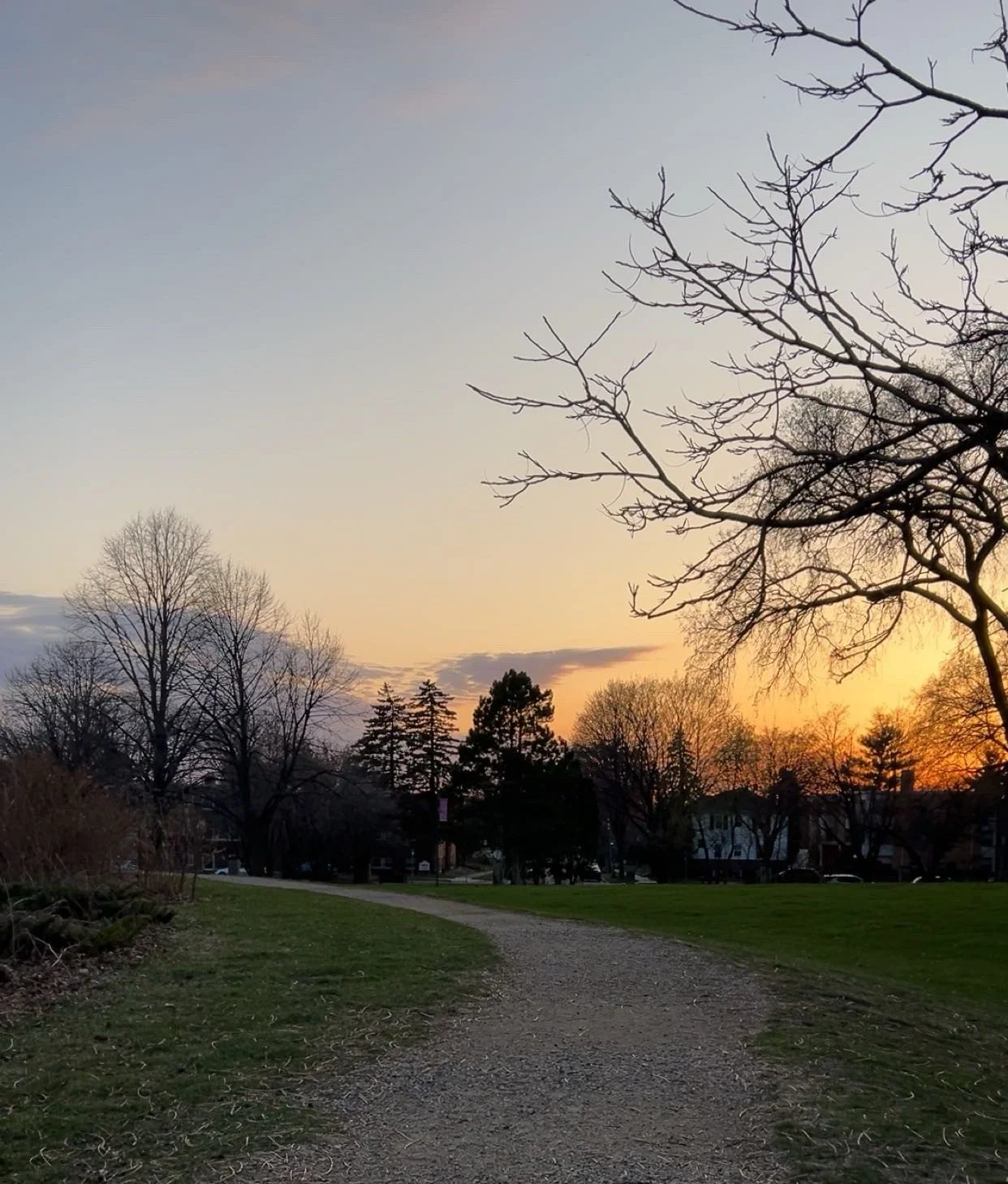Submission: Indigenous Feminism and the Fight for Justice
By Hazel Fang
Indigenous feminism is a powerful movement that is derived in the fight for gender, race and colonial justice. Mainstream feminism, the one we know, is often centered on white middle-class experiences. Indigenous feminism recognizes the interlocking struggles of colonization, stolen land, systemic violence and the erasure of culture. Indigenous feminism is about the restoration of balance, reclaiming culture and fighting for justice on every front.
Before colonization, Indigenous groups had an appreciation and respect for the roles of women and the Two-Spirited people. Once the colonizers came, the system was disrupted. Laws were created that banned cultural practices and forced the children of Indigenous groups to learn the Western ways by assimilating them though schools. The erasure of Indigenous culture continues today as the epidemic of Missing and Murdered Indigenous Women (MMIW) is currently happening across North America.
Indigenous women have faced high rates of violence, poverty and incarceration. Furthermore, the destruction of their land and environment also troubles families and communities the hardest. Deforestation, mining and pipeline construction, which all occur on Indigenous lands, threaten the ecosystem of Indigenous cultures.
Winona Laduke is an Indigenous woman who advocates for environmental justice and feminism. She co-founded the Indigenous Women's Network in 1985 and has been a frontline voice for land rights, cultural preservation and sustainable development. Laduke has been involved in national politics, as she ran as the Green Party’s vice-presidential candidate alongside Ralph Nader in 1996 and 2000. Activists like Laduke embrace the interconnections of environmental justice and Indigenous Feminism.
Solidarity is essential. Non-Indigenous allies can support by listening, learning and amplifying Indigenous voices, not speaking over them. Through my research, I have gained a deeper and more empathetic understanding of the root causes behind this topic. Not only are Indigenous women and two-spirited people being affected but their entire communities are continuing to fight for their rights, land and sovereignty. As allies, we should be standing next to them, challenging the system of oppression within our personal communities from colonization, environmental harm and racism.






